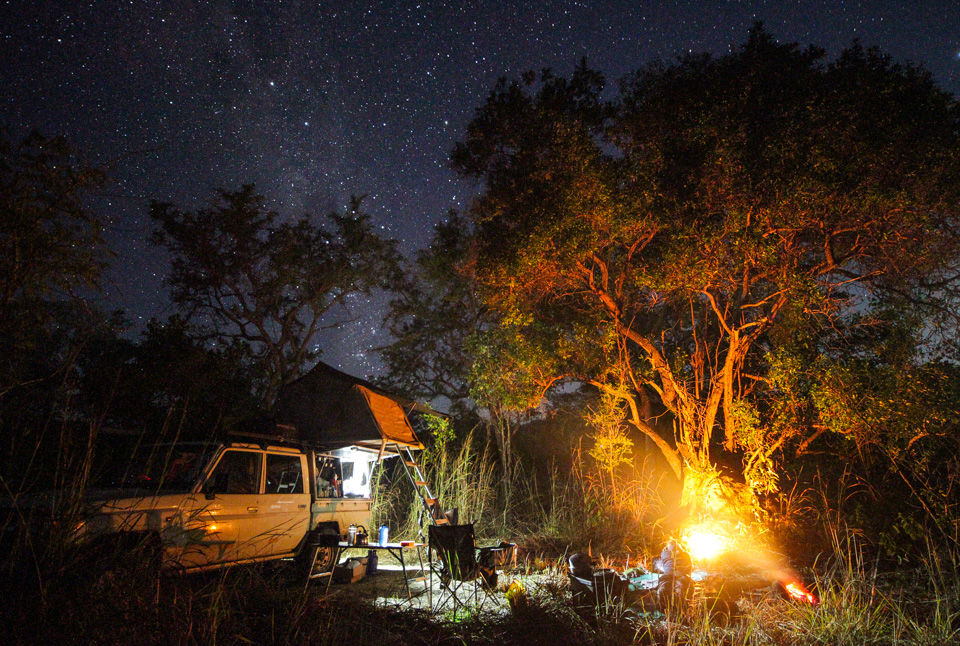Next Steps After Your First Explore Weekend
So you came to Explore at the Royal Geographical Society! Great Decision. Perhaps it’s the Sunday night, you’re on the train home and still buzzing from all the amazing connections, exciting stories and endless possibilities. You’re not alone!
But come Monday morning, as we slip back into routines and jobs, it can be easy to forget to follow up on some of the things you learned. To not quite capitalise on all of the opportunities! Here’s a few suggestions on how to not lose that momentum.
How To Not Lose That Explore Momentum
1. Contact all those people you said you’d contact – do it now. Did you pick up a few business cards? Fire off an email so you can keep in touch, perhaps the other person didn’t get your details – so now they’ll be able to write to you too. Don’t forget. Do it now!
2. Can’t remember who you talked to about x, y or z? Here’s a handy list of some of the speakers, perhaps you can find them there. If not, write to panel chairs and see if they can connect you. Failing that you could post a question on the Explore Facebook page.
3. Catch up on everything you missed on the #Explore2017 Twitter hashtag. Hopefully you were too busy talking to real people to have time to tweet, but Twitter is a good way to see what was going on in other panels and workshop sessions.
4. Check out other events at the RGS, especially the Annual Microlectures evening. It’s a great platform those that have been on worthwhile geographical journeys to share their story on the illustrious RGS stage.
5. And while you’re there, make the most of all the other RGS resources. There’s the Expedition Handbook, the Expedition Medicine Handbook, other workshops and courses, a whole suite of fieldwork and logistic manuals and special interest groups – and of course, wonderful people who want to help you too.
5. Research, research, research. Whilst Explore might not have literally planned your entire project for you, it should at least have shown you where to find all the information you need. That might be the expedition archives, the World Register of Field Centres or perhaps the contacts with different skills that you need to build a team.
6. Plan, plan, plan. Sieze the momentum and enthusiasm of the Explore weekend. Whatever idea you’ve had on the back burner, start to put it into practice. Surround yourself with people as positive and motivated and you’ll make it happen. The best way to make sure you follow through with a plan is to a) tell some people you’ll do it, or b) book a flight. Get started.
7. Check out grant deadlines (and don’t miss them). Some are very soon, often in December and January – and only come around once per year. The RGS offers funding for all kinds of project, I maintain a big list of RGS and other grants, here! The most important piece of advice I can offer, is that if you don’t apply, you won’t win.
8. Learn more about exciting new opportunities, and follow their progress: To get you started – The Plastic Tide, Missing Maps, Sail Britain, Modern Explorers, British Exploring, CREES, Transcaucasian Trail and more!
8. Communicate your discoveries. It’s only an expedition if you produce a report (otherwise it’s just a holiday that was very hard work).
9. Come back to Explore next year, share what you’ve learned with others (and bring a friend).
Lastly, if you’ve read all this, but don’t know what Explore is – this is the LINK you need.


